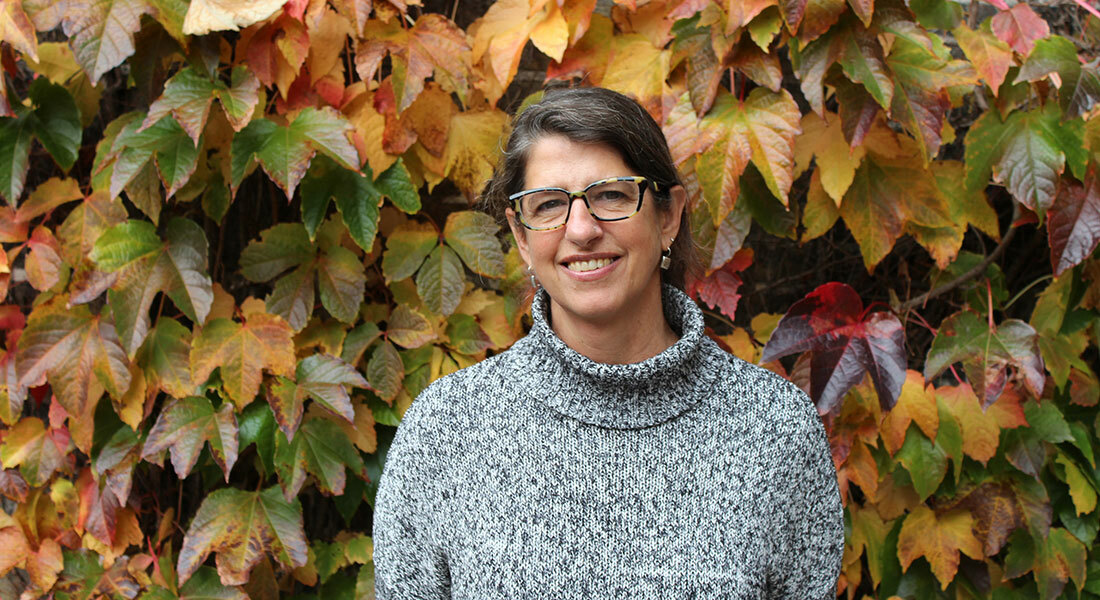
Sustainability challenges and solutions - combining different social science perspectives
Kurset er en del af

Would you like to understand the challenges and develop the solutions for a sustainable future by combining different perspectives? Do you work in a cross disciplinary group and sometimes find it difficult to merge understandings and perspectives into a common solution?
In this course you will come to know and understand how sustainability is defined and approached in five different social science disciplines and develop your skills in cross-disciplinary thinking. After the course you will be able to approach challenges from new perspectives and find it easier to integrate knowledge from other disciplines into a common solution addressing a complex problem.
The course will contain a mixture of short lectures, reflections on cross-disciplinary learnings and case-based discussions where you integrate the different perspectives in your work-related cases. The course will be in a combination of English and Danish.
- You will become more skilled at combining different perspectives when approaching any sustainability issue, giving you a deeper understanding, and making it easier to develop complex and creative solutions.
- You will find it easier to work in cross-disciplinary teams, as you will have a better fundamental understanding of the strengths, weaknesses, and foundations of the different perspectives.
- You will obtain specific knowledge about:
- How the concept of sustainability has developed and areas of contestation about what sustainability means and how it should be pursued.
- Why and how grassroot engagement can yield better results than economic incentives, information campaigns, nudges, or other governmental interventions.
- Climate engagement and digital media: The dynamics of polarization, visual rhetoric, and online networking
- The challenges associated with a sub-global climate policy with an emphasis on carbon leakage, efficient unilateral climate regulation and the recent green tax reform.
- The psychology of climate change, including the causes and consequences of belief versus denial and insight into psychologically-informed interventions to create individual behavioral change.
There has been an application deadline for this course and no new course is currently planned, but you are welcome to contact us at evu@samf.ku.dk if you are interested.
'Sustainability challenges and solutions' is taught by
Course information on 'Sustainability challenges and solutions'
Benefits for you and your organisation
- You will become more skilled at combining different perspectives when approaching any sustainability issue, giving you a deeper understanding, and making it easier to develop complex and creative solutions.
- You will find it easier to work in cross-disciplinary teams, as you will have a better fundamental understanding of the strengths, weaknesses, and foundations of the different perspectives.
- You will obtain specific knowledge about:
- How the concept of sustainability has developed and areas of contestation about what sustainability means and how it should be pursued.
- Why and how grassroot engagement can yield better results than economic incentives, information campaigns, nudges, or other governmental interventions.
- Climate engagement and digital media: The dynamics of polarization, visual rhetoric, and online networking
- The challenges associated with a sub-global climate policy with an emphasis on carbon leakage, efficient unilateral climate regulation and the recent green tax reform.
- The psychology of climate change, including the causes and consequences of belief versus denial and insight into psychologically-informed interventions to create individual behavioral change.
Who should attend?
Anybody working with the green transition either from a social science perspective or in cross-disciplinary groups with social scientists. Anybody curious about what different social sciences disciplines brings to the table when working with solving the climate and environmental crisis and about how best to combine them.
Sted
Københavns Universitet
Det Samfundsvidenskabelige Fakultet
City Campus
Øster Farimagsgade 5, bygning 35
(Indgang fra Gammeltoftsgade 15)
1353 København K.
Kontakt
Det Samfundsvidenskabelige Fakultet
evu@samf.ku.dk
+45 3533 2892



